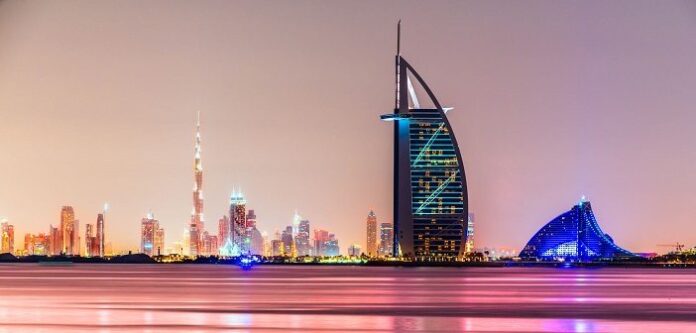The new smart traffic initiative will expand the coverage to 60% of Dubai’s roads network
Dubai’s Roads and Transport Authority (RTA) has approved a $161 million project with the main aim of improving and upgrading the smart traffic systems in Dubai. This decision by the RTA comes following the directives of Mohammed bin Rashid Al Maktoum, vice president and prime minister of the United Arab Emirates (UAE) and ruler of Dubai, to expand the scope of smart traffic systems in support of efforts to rank Dubai as the smartest city worldwide, the government said.
“This project is one of the key deliverables of RTA’s Innovation Lab. It encompasses the design and construction of an integrated infrastructure for Dubai smart traffic systems and the construction of a new Traffic Control Center at Al Barsha,” said Mattar Al Tayer, director-general and chairman of the board of executive directors at RTA.
“It envisages lifting the smart system coverage of Dubai roads network from the current 11% to 60%,” he added.
Al Tayer also highlighted that this new smart city initiative will also help cut the time of detecting accidents and congestions and authorities will be able to accelerate the response time.
“It will also provide instant traffic information to the public about roads network via new variable messaging signs and smart apps. The project will also step up the management of traffic movement at major events, such as Expo 2020,” he added.
The initial phase of the project will expand the, said the statement from RTA. Main works in this phase include the provision of an integrated infrastructure for smart traffic systems in Dubai and the construction of a new traffic management system. It will facilitate the management of traffic bottlenecks and accidents, enhance the safety of road users, and ease personal mobility, RTA added.
Al Tayer said due to the massive nature and technical sophistication of the project, the initial stage will be split into five different phases.
“The first phase covers traffic monitoring and data capturing systems such as cameras, vehicle detection devices as well as Bluetooth devices and weather sensors. The second phase relates to information signs (dynamic messages), which involves the installation of 112 sign boards providing instant information to drivers about the road condition,” the official said.
The third phase involves the construction of the infrastructure such as civil works, fiber optic lines, and electricity distribution networks.
The fourth phase of the initiative covers the advanced central traffic system. The system supports decision taking, ensures an automatic response, and enables the integration with devices at site as well as other traffic centers and operations systems.
Meanwhile, the fifth phase covers the construction of a Traffic Control Center at Al Barsha to accommodate the projected increase in smart traffic systems.

